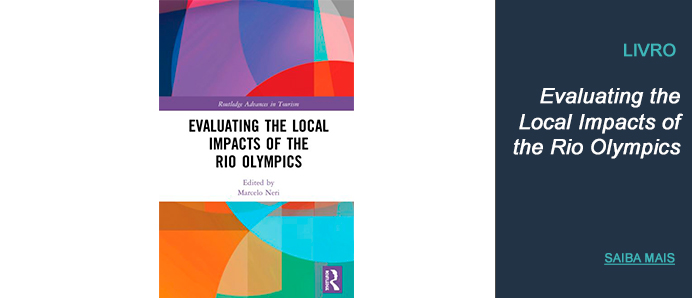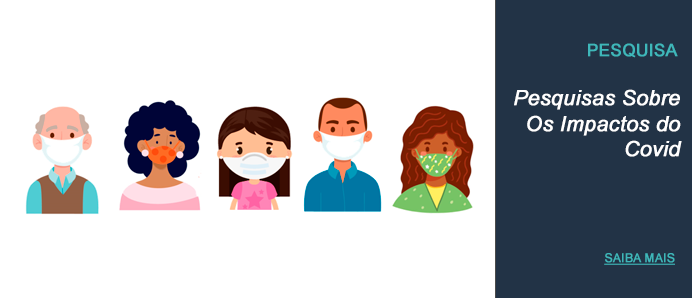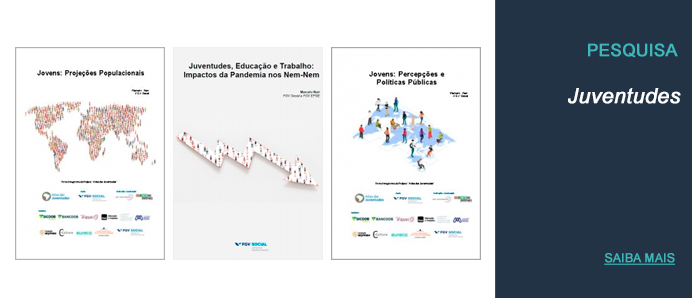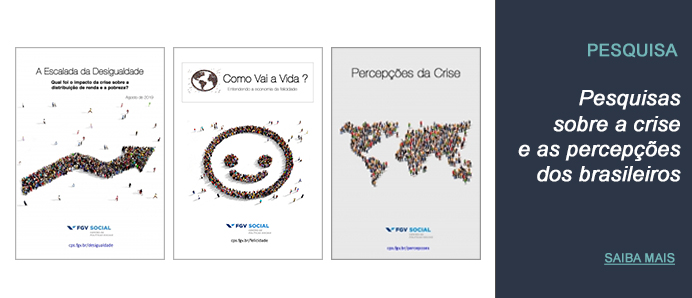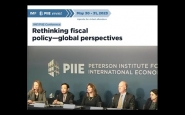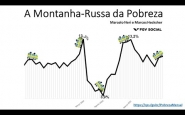Desigualdade e Pobreza
Português, Brasil
AFINAL, O QUE ACONTECEU COM A DESIGUALDADE NO IMPOSTO DE RENDA?
Português, Brasil
MUDANÇAS DE DESIGUALDADE, RENDA E BEM-ESTAR NA INTEGRAÇÃO DA PNAD CONTÍNUA COM DADOS DO IMPOSTO DE RENDA (2012-2020)
Português, Brasil
The measurement and evolution of inequality, growth and poverty in Brazil with a new imputation method
inglês
The measurement and evolution of inequality, growth and poverty in Brazil with a new imputation method (in english)
Português, Brasil
Top incomes’ impacts on inequality, growth, and social welfare (in english)
inglês
Top incomes’ impacts on inequality, growth, and social welfare (in english)
Português, Brasil
Fiscal redistribution in Brazil
inglês
Fiscal redistribution in Brazil (in english)
Português, Brasil
Em Busca do Novo Bolsa Família: Mudanças da Pobreza e Lições dos Auxílios
Português, Brasil
Páginas
Livros
Pesquisas
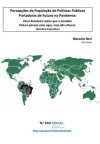 A pandemia do Covid-19 talvez seja o maior choque global já observado pois afeta de maneira marcada o dia a dia das pessoas ao redor do globo...
|
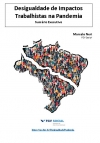 A pandemia do Covid-19 constitui um choque de grandes proporções não só pela sua intensidade como pela sua abrangência global. Agora, diferentes...
|
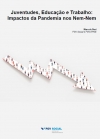 Qual foi o Impacto da Pandemia no Trabalho e no Estudo dos Jovens? E nos Nem-Nem?
Estudos recentes realizados pelo FGV Social mostram uma alta...
|
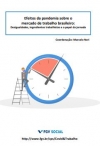 No primeiro trimestre completo da pandemia a renda individual do trabalho do brasileiro, aí incluindo segmentos formais, informais e desocupados,...
|





